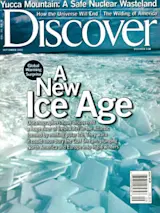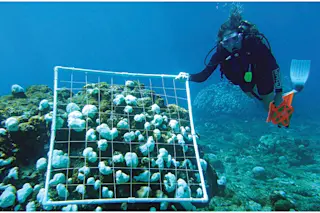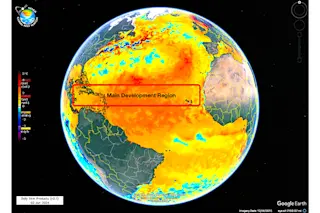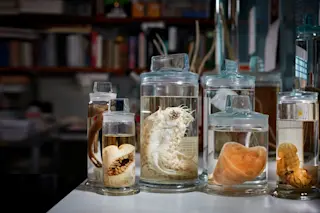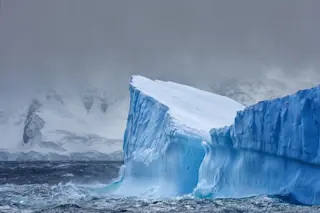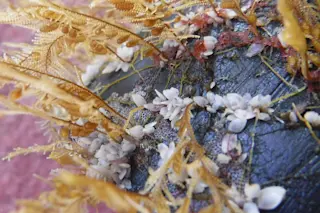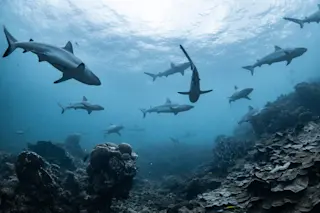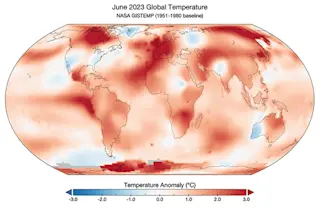Hydrothermal vents, undersea hot springs that can form along midocean ridges, are sites of rapid ecological and geologic change (see Discover, December 2001, page 40). Still, Tim Shank, a biologist at the Woods Hole Oceanographic Institution, was startled to find that the Rose Garden vent, at the Galápagos Rift, has disappeared. When last seen, in 1990, the Rose Garden (right) was teeming with tube worms and other exotic life. This site has provided scientists with much of what they know about deep-sea hydrothermal ecosystems. "The discovery of how animals interact and use vent fluids for energy, the discovery of symbioses in the gills of tube worms— it's all from Rose Garden," says Shank. After four days exploring the ocean floor, Shank and his colleagues found a fresh lava flow and very young tube worms, clams, and mussels. Recent volcanic activity probably obliterated Rose Garden and gave rise to the new ...
Follow Up:
Discover the fascinating world of hydrothermal vents and how the Rose Garden vent has vanished in the Galápagos Rift.
More on Discover
Stay Curious
SubscribeTo The Magazine
Save up to 40% off the cover price when you subscribe to Discover magazine.
Subscribe

